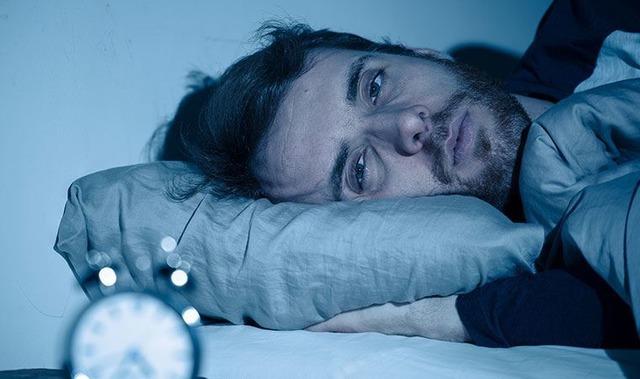These days when the temperature is high, especially in the evening hours, the sweltering air due to the increase in humidity can disrupt sleep patterns and quality. Evaluating the relationship between sleep and hot weather, Prof. Dr. Akkoyunlu explained that the body temperature, which is normally 36.5-37 degrees Celsius in people, drops by half a degree Celsius due to the slowdown of metabolism during sleep.
Prof. Dr. Muhammed Emin Akkoyunlu, reminded us of the proverb “snow falls on the sleeper” and stated that one becomes a little more sensitive to cold while sleeping, and that it is not the temperature itself, but the opposite, that increases sleep motivation and depth when the room temperature is low, along with a partial decrease in body temperature.
Akkoyunlu stated that they recommend a cool room and a heavy blanket for ideal sleep, and noted the following:
“The high temperature in the summer months, reaching 38-39 degrees, also disrupts the sleep rhythm. There are problems in falling asleep, staying asleep and in the depth of sleep. The discomfort that occurs with sweating also causes serious problems in both starting and continuing sleep. With the heat, serious headaches occur, especially due to the dilation of the veins. The discomfort caused by this headache causes both a sleep pattern that prevents the person from resting and a decrease in the quality and depth of sleep. When we put these together, we see that there is a serious disruption in the sleep pattern with the heat.”
ANNOYANCE, WEAKNESS, FATIGUE AND IMMOTION EXPERIENCED
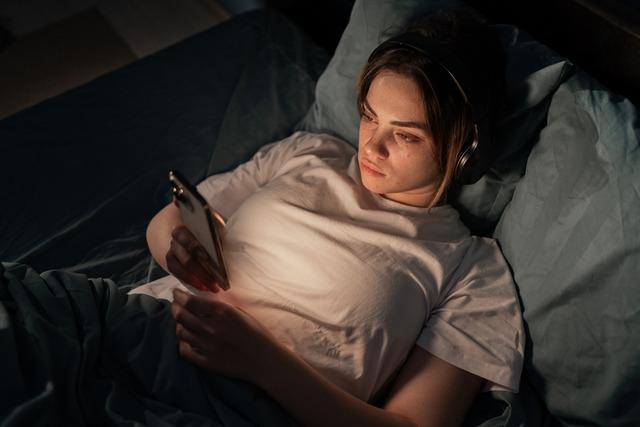
Prof. Dr. Akkoyunlu stated that when one is sleepless during this period, irritability, decreased performance during the day, weakness, fatigue and intolerance to heat are experienced due to the effect of the air temperature.
Akkoyunlu, who pointed out that one of the most important problems here is the humidity factor, gave the following information:
“High relative humidity causes the temperature to be felt much more. If you are in dry air, you feel much less heat when you are in the shade. However, an increase in relative humidity, heated water vapor, causes you to feel the same temperature in the shade. Therefore, when humidity increases, the temperature you feel in the shade is much more. Accordingly, discomfort during sleep increases even more.”
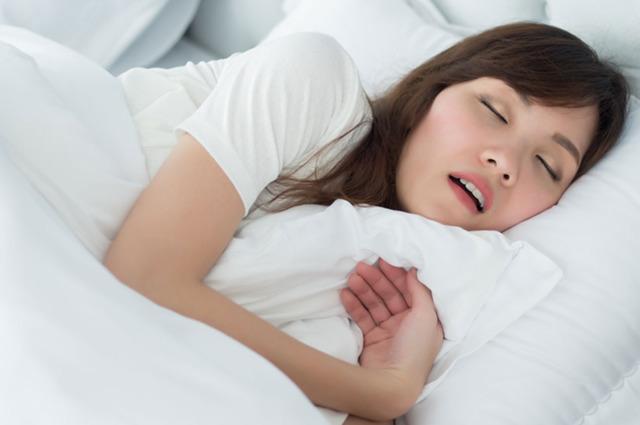
Akkoyunlu emphasized that the humidity rate and oxygen rate are inversely proportional, and said, “As humidity increases, the oxygen rate decreases, and a feeling of not being able to breathe enough may occur. Humidity and temperature work together. Air temperature increases humidity, and with this, they seriously impair sleep quality. In other words, we can say that they are the enemy of sleep.”
“AIR CONDITIONING FAN MUST BE SET CORRECTLY, THE SETTING SHOULD NOT BE LOWERED OR INCREASED TOO QUICKLY”
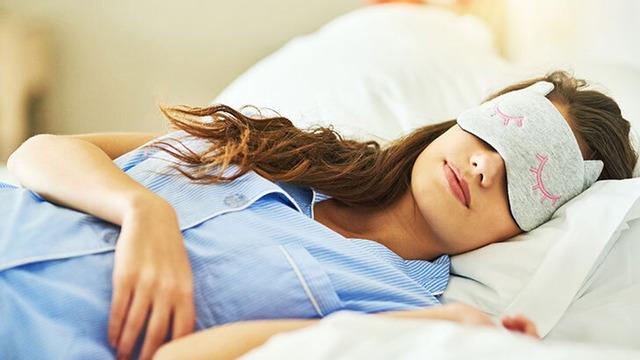
Akkoyunlu made the following suggestions for what to do when the temperature and humidity are high:
“We recommend not doing too much exercise during these periods. We recommend consuming plenty of fluids and taking cooling measures if possible. We recommend turning on the air conditioner but not standing directly in front of it. Because air conditioner impacts can cause both infectious diseases and muscle pain. Therefore, cooling the environment if possible and reducing humidity as much as possible can be a serious relieving factor.
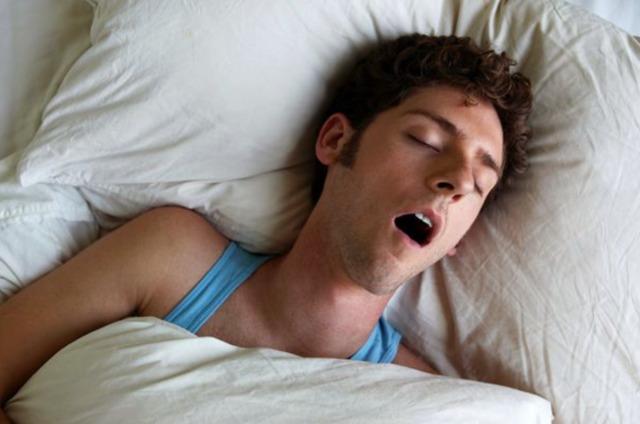
The ideal room temperature for human life is 23 degrees. Achieving this is very important for a quality sleep. You should not stand in front of the window. Because the wind reduces the temperature of the area it comes from on your body, but it does not provide general relaxation. Depending on the regional effect of both the air conditioner and the wind, we see muscle pain in that area, loss of sensitivity, and for example, facial paralysis if it touches the face, much more frequently during these processes. Therefore, we recommend that the air conditioner fan be directed towards the ceiling and that the setting not be lowered or raised too quickly.” (AA)
